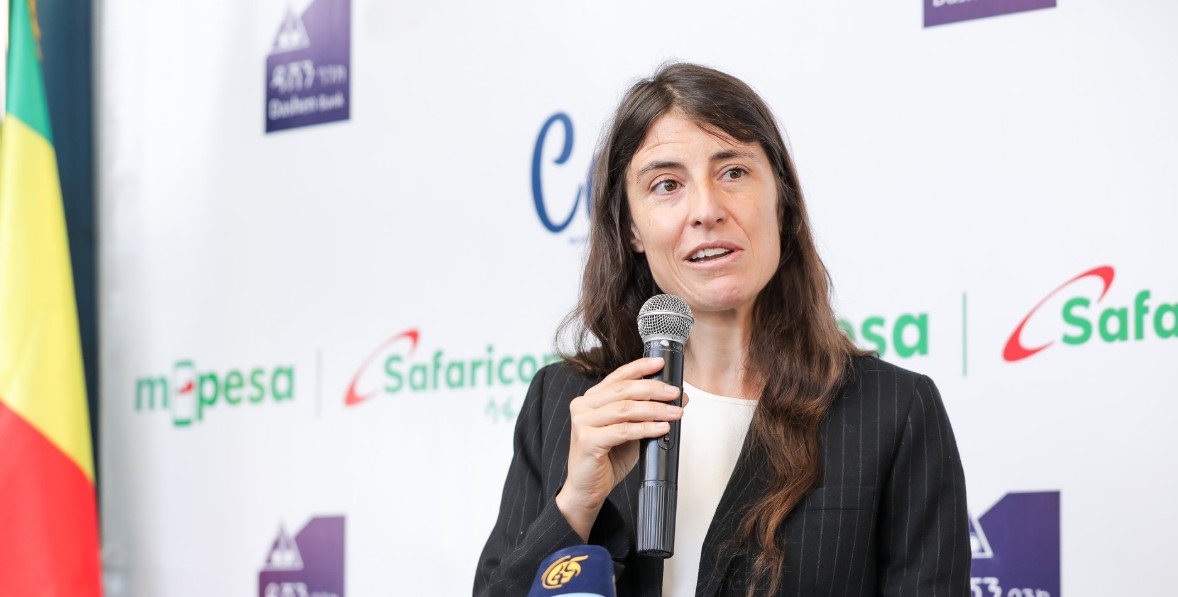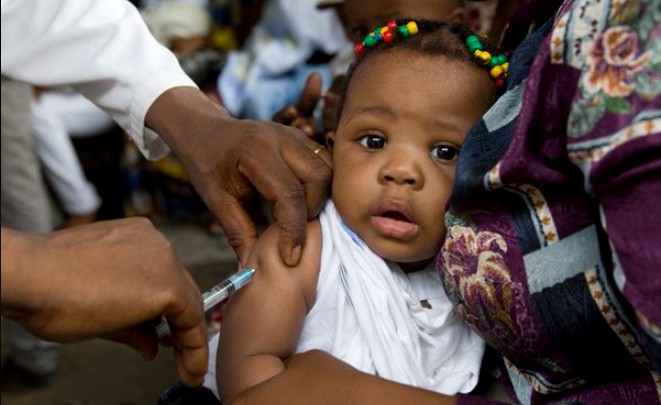Six civil society groups urge government to 'end discriminatory ID vetting'

Under current guidelines, applicants are required to provide proof of citizenship, letters of introduction from local chiefs, the chiefs' thumbprints, and for parents to appear in person to verify identities.
A coalition of six civil society organisations has urged President William Ruto's government to fully enforce an end to ID vetting, warning that millions of citizens, particularly from Muslim and minority communities, continue to face discrimination under new registration rules.
The call comes six months after the government formally abolished vetting through an executive order in early 2025, following widespread criticism that the practice was unconstitutional.
According to the Nubian Rights Forum, Haki na Sheria Initiative, Namati Kenya, Haki Centre, Pastoralists Women for Health Education (PWHE) and the Pastoralists Rights and Advocacy Network (PARANET), the new ID application process still mirrors many elements of the old vetting system.
More To Read
- Kenyan students to get National IDs and be registered as voters automatically at 18 under new Bill
- Government to roll out mass mobile ID registration drive in 11 days
- New era in Wajir as students celebrate as ID cards arrive just one week after registration
- Rights groups slam new ID rules, say they discriminate against Muslims and minorities
- Pastoralist group slams Gachagua over claims on Ruto's vetting policy
- Murkomen tells Gachagua to record statement over Al-Shabaab claims upon return to Kenya
Under current guidelines, applicants are required to provide proof of citizenship, letters of introduction from local chiefs, the chiefs' thumbprints, and for parents to appear in person to verify identities.
Applications are then forwarded to the Directorate of Criminal Investigations (DCI) and the National Intelligence Service (NIS) for additional checks. According to the rights groups, the measures effectively replicate vetting, giving officials excessive authority to decide who receives an ID.
"The extra requirements are simply another form of vetting and have only disguised vetting into a series of steps with the same government departments, opening opportunities for continued arbitrary questions, extra requests, and denials – in a similar fashion to the old vetting process," the groups said in a joint statement.
"Kenya's Constitution does not permit a two-tiered system where different ID application standards are imposed on sections of Kenyan citizens based solely on religious background or ethnicity. We urge the government to finally address this long-standing injustice and ensure every Kenyan enjoys equal, non-discriminatory access to citizenship documents."
Further, the groups highlighted additional barriers in the current ID process, including excessive delays, inconsistent fees, corruption, and limited access to registration offices, which often leave applicants waiting months or even years for identity documents.
To address the issues, the civil society urged the government to standardise legal requirements for all ID applicants, repeal laws that allow discriminatory vetting, expand registration offices and staffing, and implement affirmative measures to issue IDs to those historically excluded.
"On this National Identity Day dedicated to identity, we urge the government to move from policy pronouncements to real action and guarantee citizenship rights for every Kenyan," the groups said.
Top Stories Today















































